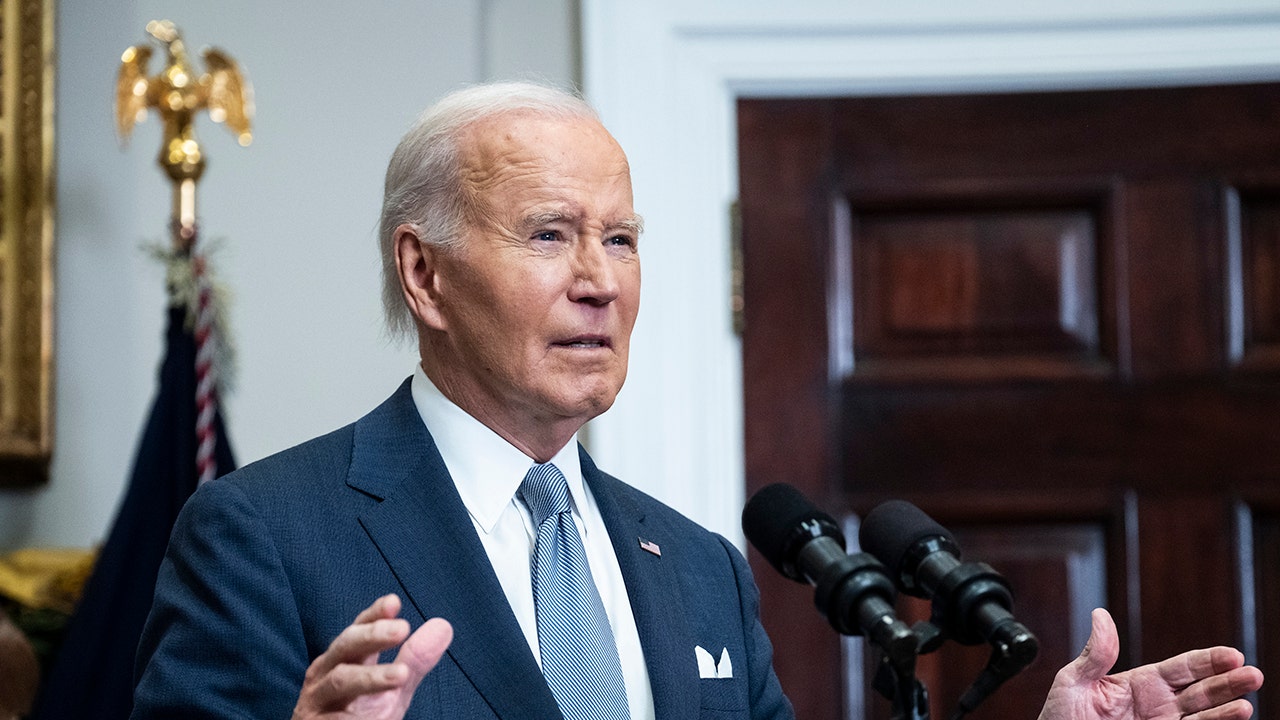A video of a married woman having her dress cut up by a man in front of a live audience has gone viral, sparking a vigorous debate.
Priyanka Halder appeared on comedian Samay Raina’s show India’s Got Latent.
The actress, who is married, stood in front of a live audience while a fashion designer cut up her dress.
At the end of the clip, when her dress had been cut, a panel guest asked if she was married.
She said she had.
She was then asked if her husband had come along to the performance.
She said he hadn’t.
“So your husband is cool? I’m telling you, from a man’s perspective, male ego is very fragile,” one of the panelists said.
“We get p****d off if a guy even sees our girlfriend or talks to her.”
She said her husband didn’t know she was at the performance.
Social media users had a mixed reaction.
And, because nothing stays in one place when it’s shared online, people from all over the world weighed in.
“No respectable woman will allow another man to do this, let alone in public and be so chill about it,” one social media user said.
Another said: “Guy should get divorced.”
“Nothing to do with religion here; it was her choice, and it still is. Honor it and get back to life,” another said.
One commented: “Shameless display of vulgarity. The husband and son must be hiding their faces in shame.”
“Keeping religion aside, there is something called consent. If the lady is OK with the gentleman’s actions, who are you to question this and bring religion into the equation,” one asked.
Local media called it an alleged act of cheating. But many online said it shouldn’t matter, and the woman should be able to do as she pleases.
Dr. Catharine Lumby, a professor of media at the University of Sydney, told news.com.au that nothing on social media shocked her anymore.
“One of the interesting things is that social media doesn’t just make information and video more accessible, it amplifies them. There is a distorting effect,” she said.
She said something that is often a small statement or gesture becomes blown out of proportion — often without context.
Dr. Lumby said social media can be a “polarizing” force and called the dress-cutting incident an example of that. She also expressed concern for the woman at the center of the controversy.
“India is a multi-religious, multiethnic country. There would be very diverse views in modern India about what is appropriate behavior on the part of a married woman,” she said.
“There is no way you could suggest that all Indians have a particular view of marriage.”
However, she did drive home the point that it is dangerous to look at another culture’s values through an Australian lens.
“One of the things we need to have in the back of our minds is respect for different religions and cultures,” she said.
“This is why I’m talking about context. Social media strips things of context and we have to be very conscious of our own cultural norms and values that we use to look at other cultures.”
However, she did point out that social media and feminism do have a strong relationship.
This includes the Me Too movement. Dr. Lumby said previously these stories were told in isolation.
But, when told together, created a movement.















